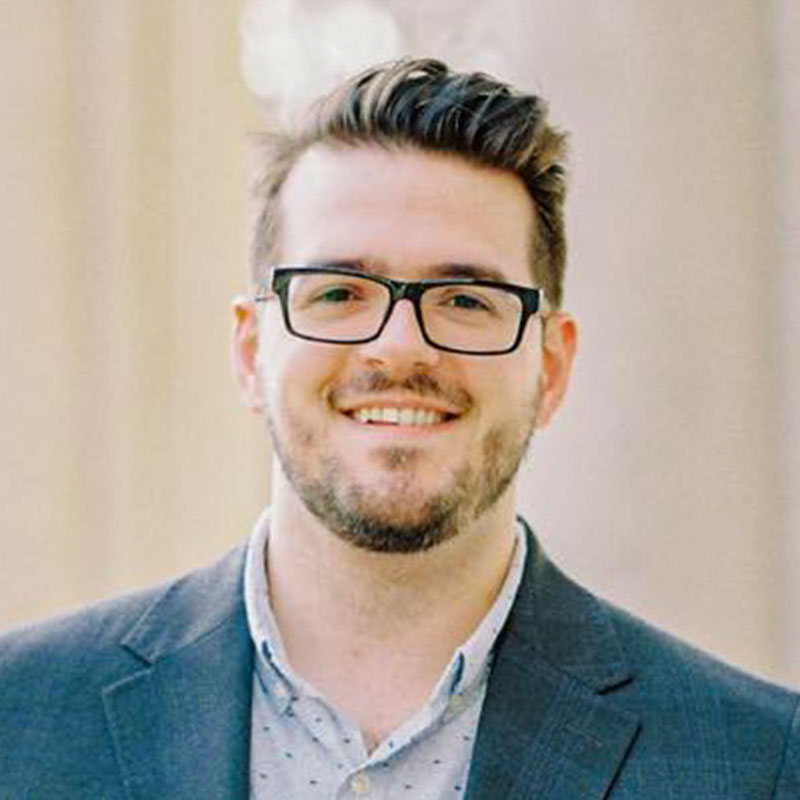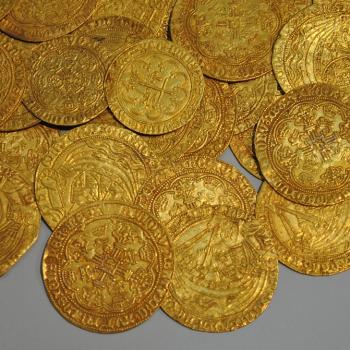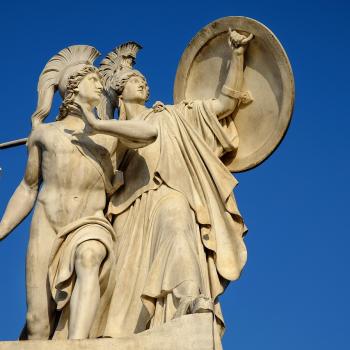
Jesus said to him, “If you can believe, all things are possible to him who believes.” Immediately the father of the child cried out and said with tears, “Lord, I believe; help my unbelief!”
– Mark 9:23-24
This is one of my favorite stories in the New Testament and one that I identify the most with. Jesus is with his disciples, traveling to teach and to heal. People of the day knew who Jesus was and had heard stories about him, how he was a gifted rabbi and performed miracles. Jesus had just returned from a mountaintop experience with his disciples – being transformed by God and visited by Elijah and Moses (v. 2-8). Once down the mountain, there is a crowd forming and a father with a demon possessed son. The father knows who Jesus is, and asks “if you are able, moved by compassion for us, help us” (v. 22).1 Jesus answers him, “As to ‘if you are able’, all things are possible for the one who has faith”. The next part is incredible:
“I have faith, help my faithlessness!”
How many times have you been in this situation?
While I was reconsidering my faith I often thought about this story. Deconstructing the religion and theology I was brought up in and developed over the years is not easy. The father knows something is wrong with his son, an extension of himself, and knows Jesus can help him. Desperate to find relief, he implored Jesus to help him. Jesus’ response – faith will heal your son. The father is at the end of his rope and says the only thing he knows: I believe something, show me what brings life.
Isn’t that the best we can all say?
No matter what tradition you hold onto, God is wrapped in mystery. When we try to simplify or give an answer to everything we don’t understand, we run the risk of misrepresenting who God is. Systematizing God to bring a clean theological framework undercuts the majesty of the belief in God. Unifying removes the multiplicity of voices that we find in the Bible. But that’s just my opinion.
It’s easy for me to write this after working through my own systematic theology, but while deconstructing, I was in the father’s position. My entire world view, my ethical framework was being shaken harder than ever before. I knew I didn’t want to lose my faith. Even still, I didn’t think there was going to be anything in the rubble of value, anything worth saving. The damage American Christianity has caused is pervasive, and it continues to ruin the Church today. I am fortunate that I had a supportive wife that stood with me as I experimented with new ways of thinking and searched for a new tradition.
What Now?
It’s ok to not know what you believe. Some Fundamental and Evangelical wings of Christianity think that in order to experience the love of God one must know what they believe. Some churches may make a parishioner agree with their own extensive statements of faith. This story is a great example that the Christ isn’t looking for perfect people with perfect beliefs (whatever that means). I think this story is about faith is the lack of certainty but we are still moving. In the grand Christian Tradition, God is Love, and God is like Jesus, always searching to comfort, always meeting us where we are in order to save us from ourselves, and calling us to a more loving way of life.














